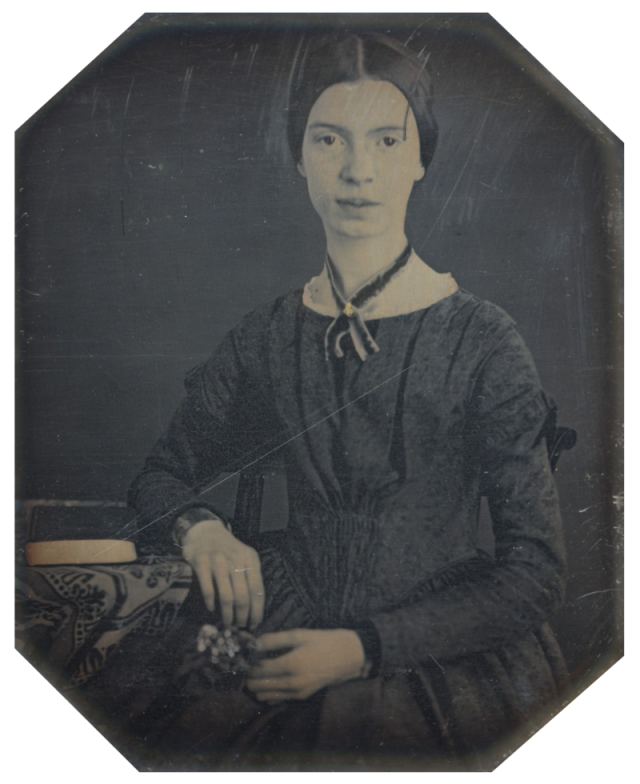 It can be comforting in a way to think that experience matters when it comes to writing. One can’t always be expected to produce great writing if one hasn’t experienced great things, correct? This piece by Adam Kirsch disagrees, particularly when it comes to poetry:
It can be comforting in a way to think that experience matters when it comes to writing. One can’t always be expected to produce great writing if one hasn’t experienced great things, correct? This piece by Adam Kirsch disagrees, particularly when it comes to poetry:
The recipe for poetry involves taking an ounce of experience and subjecting it to a lifetime of distillation; think of the cosmos Emily Dickinson spun out of no more life than would fit in an upstairs bedroom. It is a mistake to think that a person becomes a poet because she undergoes exceptional experiences—because she lives more wildly, intensely, or colorfully than other people. The poet doesn’t feel unique emotions any more than the painter sees unique colors; it is what she does with ordinary emotions that turns them into poetry.
We should remember that many extraordinary writers lived wholly unexceptional lives. Per Kirsch:
…for most of the modernists, the more revolutionary their poetics, the more carefully they concealed themselves behind the manners and professions of the bourgeoisie. T. S. Eliot was a banker when he wrote “The Waste Land”; William Carlos Williams was a family doctor; Marianne Moore, an editor, was a devout churchgoer who lived with her mother.
Hemingway was never the norm. A well-lived life should be its own reward, not just grist for the mill. Honing the craft is what matters, and Dickinson did so quite well from her upstairs bedroom.
